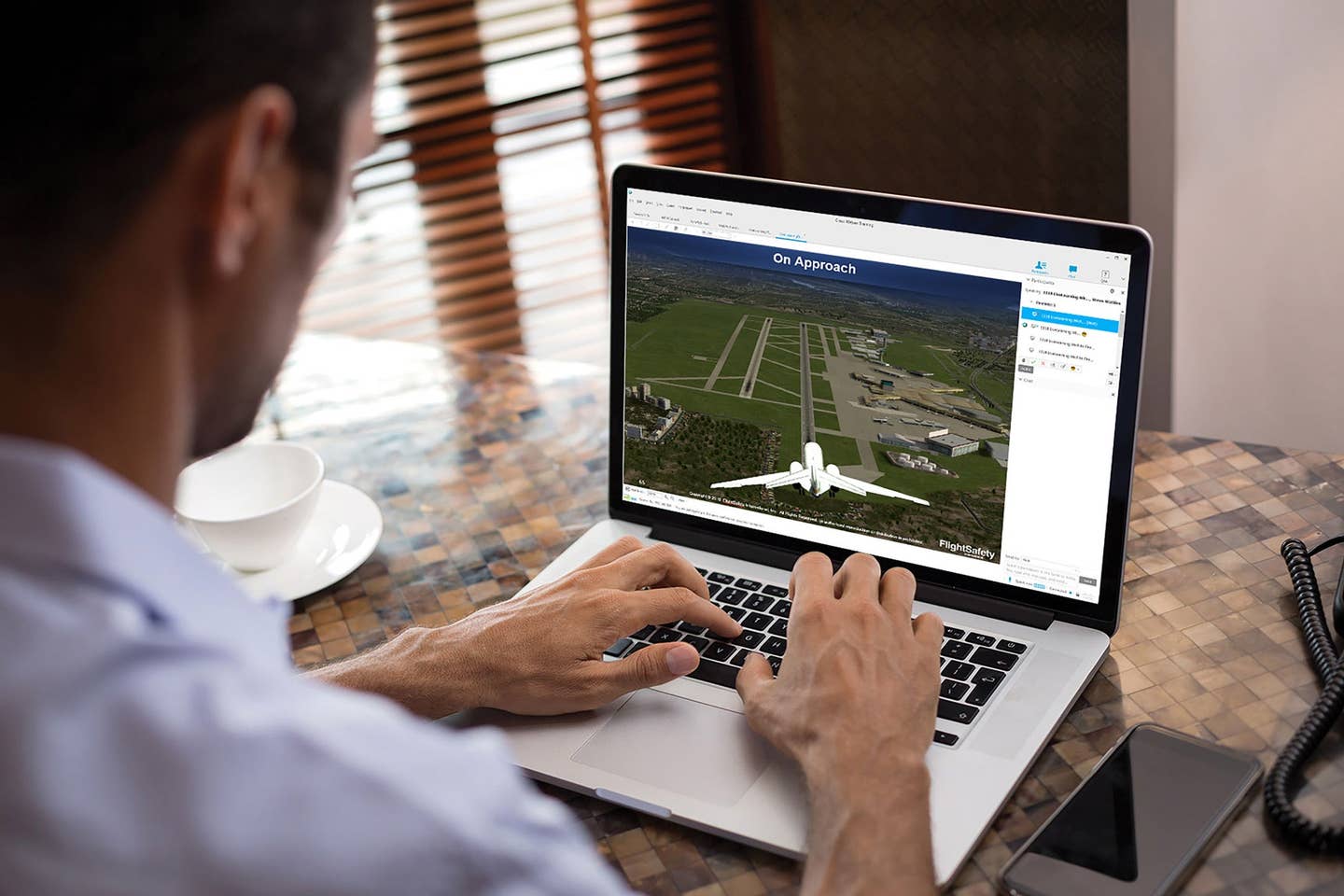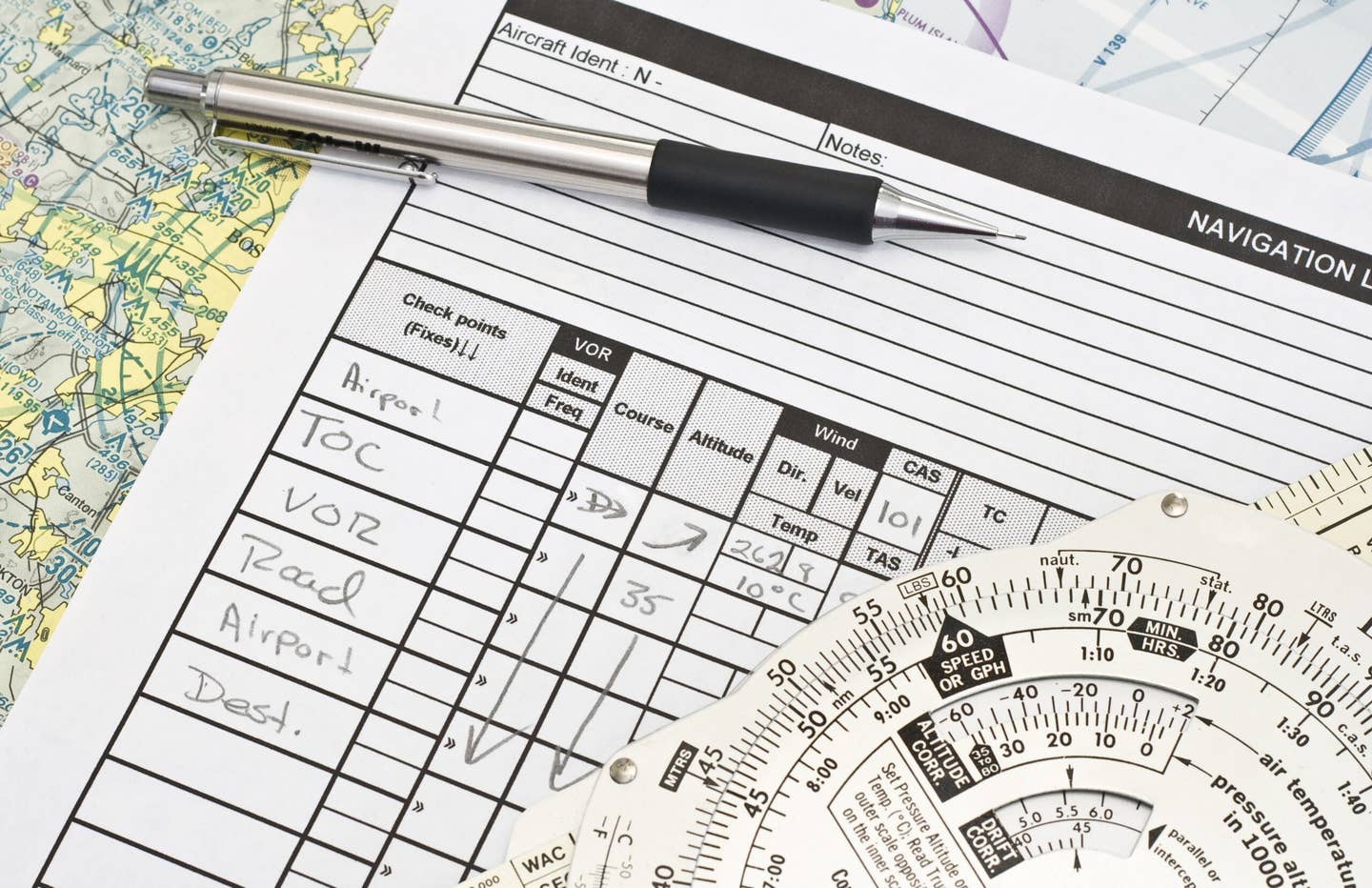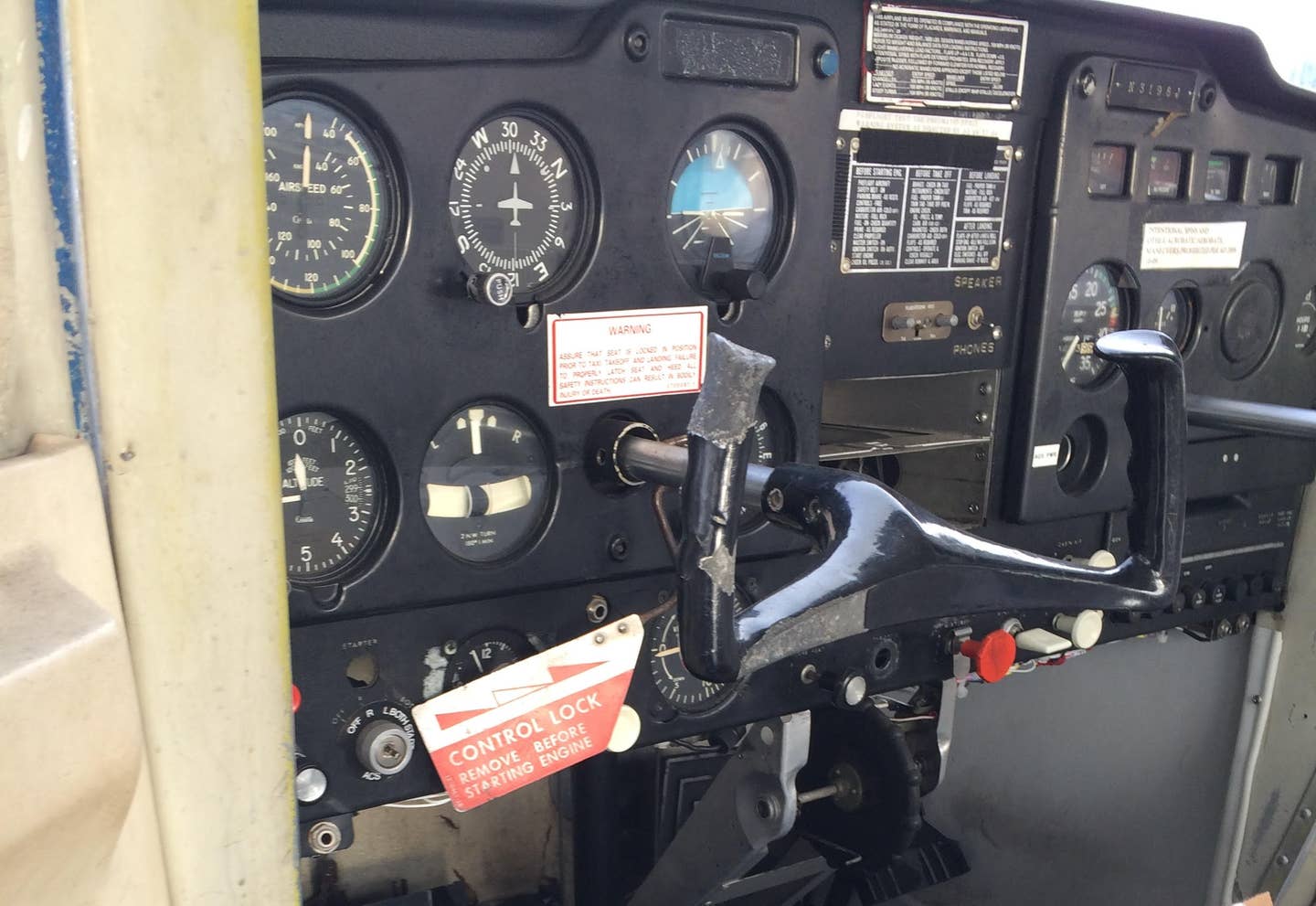Should Prospective Pilots Go to College?
Are the time and expense worth it after airline decisions to eliminate degree requirements?

Michael Wildes makes the argument that college can offer you a lot more things than just a degree. But is it worth it for prospective pilots? [Photo: Adobe Stock]
When I recently wrote about pursuing your CFI via the Part 61 route, my whole argument was based on the advantage that pilots who were enrolled in college pilot training programs had—that is, only being required to earn 1,000 hours of flight time for their restricted airline transport pilot certificate (R-ATP).
I didn’t anticipate that at the same time, Delta Air Lines was preparing its own press release, announcing that it would no longer require college degrees of applicant pilots.
Depending on how you frame it, this either took too long or came as a surprise.
On one hand, some of the largest companies in the world, like Google and Apple, have already eliminated their requirements for people to hold four-year degrees in order to apply successfully. Apple—which recently became the world’s trillion-dollar company—said in 2019 that about half of Apple's U.S. employment last year was made up of people who did not have a four-year degree. So, in this sense, it would’ve been hard for airlines to support any point that lacking a four-year degree might hinder their workforce’s productivity.
“I made the case to my parents that college would be more attractive to prospective employers, but it would be hard to win that argument today.”
In another sense, airlines have unfortunately formed an asset class consistently exposed to volatility when there are social disruptions even beyond their control—unlike tech companies, arguably—that have thrived in disruption. So, with this reasoning, the changes that Delta and other airlines are making should be welcomed.
This trend will surely shake up the industry, and I expect that stakeholders will be slow to admit it. After all, these stakeholders are a part of the pipeline that has fed the airlines for years, but amid unrelenting workforce shortages, they’ve become chokepoints for the industry. To be clear, these stakeholders are the very colleges now being threatened.
Delta, in this decision, is effectively admitting that for its business, college degrees are “nice-to-haves.” This isn’t to say they don’t have social value otherwise, but as far as operating an airplane, the airline is taking the position that pilots without degrees do just fine. While they won’t say how it relates to their ability to recruit pilots because of the worsening pilot shortage, two plus two still makes four. That’s as much conjecture as I’ll pursue.
What Does This Mean For Prospective Pilots?
Meanwhile, the real question facing prospective pilots today is: should you finish, or even go to college, or go through your local fixed-based operator?
I was faced with that decision 11 years ago. I made the case to my parents that college would be more attractive to prospective employers, but it would be hard to win that argument today.
If you’re already in college, should you finish?
My quick response to all of the above is yes.
For most people, even those convinced that they know what they want to do, college is still the best choice.
College is valuable for much more than just the academic skills you learn, and it’s hard to make the case against that. From my point of view, there are many reasons to go to college aside from earning credits that are very difficult to earn elsewhere.
Some of these include:
It’s the best place to build your network.
While you might meet friends at future places of employment, colleges are unique in that they are a smorgasbord of varied individuals from all walks of life. You could make the argument that there isn’t another place for you to be exposed to people from all over the world, life experiences, passions, and a host of other tacit traits than a college campus.
Even on virtual campuses, you are exposed to more people in college than not, and even if you take to measure the market cap of two of the five largest companies in the world by market cap, namely Microsoft and Alphabet, their seedings took place on college campuses.
College helps your social development.
Another benefit of college is having room for personal growth. College gives young people four years to learn as much about the world, at virtually no penalty. It also gives them room to learn as much about themselves, which is an important note because at 17 or 18 years old, very few people know, or should know what they want to do for the rest of their lives.
When students leave home for the first time, they get to be exposed to ideas that their circles of influence couldn’t encapsulate and realize that there’s much more to the world than they imagine. It happened to me. Going into college, I could only imagine a world where I was an airline pilot, even though I maintained other burning interests. I had no idea about business aviation, or that I could combine media and aviation and be just as fulfilled as when I was flying full time.
There are opportunities you only get in college.
Society has recognized education as so important and has systematically structured itself so that all the creative benefits go toward students. Internships, student discounts, free admissions—the list goes on. One of the saddest days of my life was losing access to my “edu” email because of the benefits and access I had by simply being in an institution of higher learning.
It’s hard to overlook the benefits that college offers, in addition to what it does for the collective society. I hope that companies aren’t making these adjustments for short-term financial gain—and that the effects won’t reverberate long into the future when people miss out on less obvious, but much valued, societal upside.
The Other Side of the College Argument
As the cost of training is often cited as a big barrier to entry for would-be professional airline pilots, the decision by Delta and airlines that follow will fundamentally chip away at some of the inequity that exists in society for less well-off but competent people who deserve a chance. The extra capital that students can forgo by just focusing on earning their pilot certificates will lessen the financial burden that pilots and their families face.
Furthermore, for pilots saddled with student loan debt, virtually eliminating the extra cost of tuition means that monthly payments for a lesser amount of debt make entry-level pilot pay more attractive.
Entry-level pilot pay has long been a hot topic, and while many airlines have tried to be supportive, the industry’s method of pilot compensation is arguably archaic and has turned many pilots away. For those reasons alone, a college degree is a hard sell.
Finally, I sense that the airline could be implying that flying an airplane, well, really isn’t that hard. I don’t mean to be coy. The level of automation blended with the standardization of the airspace means that well-coordinated companies could practically train anyone to fly.
Gone are the days for heroics in pilots. Sure, there are “Sully” moments, but even Captain Sullenberger had years of training that conspired toward his success. All this to say, for its own business’ sake, I would suggest that the airline is taking the position that the pilot’s core set of skills—flying the airplane and the other to follow instructions—are ultimately important to them. After all, many corporate and charter pilots have arguably flown more difficult missions, and many of their departments have long looked past the four-year degree.
What Happens Now?
How will colleges and universities that offer pilot training respond? I expect that universities will react to this immediately, but I hope that instead of savvy marketing campaigns, they reinvigorate the intangibles as well as the obvious assets they offer. In a way, this move by Delta, other airlines, and all the tech companies is great for society because it’ll encourage colleges to trim their hefty and rising tuition bills, improve admission rates, and retain students, or live up to the cost. In fact, maybe this is one of the best news, not just for students, and pilots, but for colleges.
Will prospective pilots go to school to study something else, then get their training outside of college?
This will be a most important topic to follow in the next year.
I’d love to hear from you. Do you think new student pilots should go to college? Send me a line at michael@flying.media and let’s discuss.

Subscribe to Our Newsletter
Get the latest FLYING stories delivered directly to your inbox






